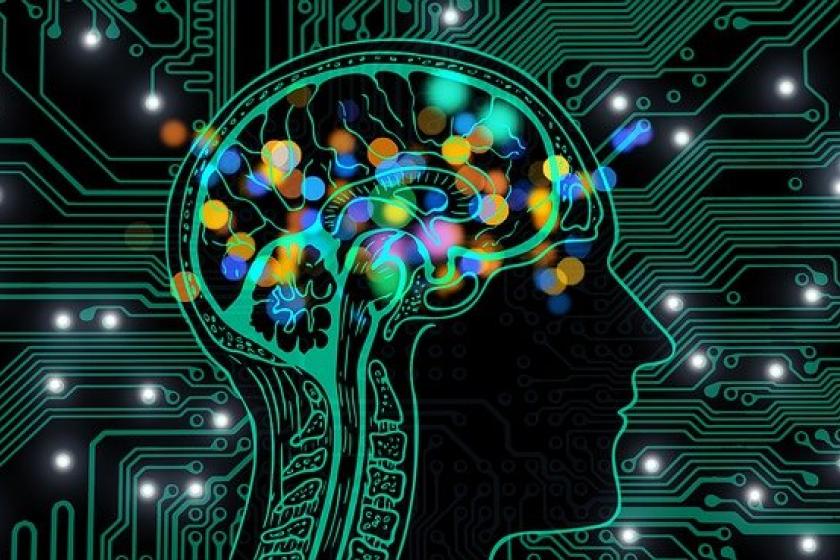How Artificial Intelligence Will Change IT Jobs
As artificial intelligence grows increasingly powerful and reliable, some IT professionals worry that the technology could gradually make their jobs less meaningful and relevant.
September 10, 2021

It's tough enough to lose your job to an eager junior competitor but imagine how it would feel to be supplanted by an AI-powered tool. As artificial intelligence becomes more powerful, reliable, and accessible, there's a growing concern that cost-minded managers may turn to the technology to improve task reliability, efficiency, and performance at the expense of human teams.
Yet Wayne Butterfield, director of technology research in the automation unit of business and technology advisory firm ISG, cautions IT professionals not to jump to hasty conclusions. “Even with the current progress being made, AI will struggle to entirely replace IT roles,” he says.
Still, even if not completely replaced, some IT professionals may find their roles significantly diminished within the next few years as AI takes over a growing number of computational-heavy tasks. “We will likely see a shift in the activity completed by a human and that completed by their AI sidekicks,” Butterfield states.
AI is redesigning the workforce and changing the way humans and machines interact with one another, with each side exploiting what they do best. Humans to analyze and machines to automate, observes Tracy Ring, managing director, ecosystem, and alliances analytics leader, at business and technology consulting firm Deloitte.
Endangered Positions
The IT positions most likely at risk for complete replacement are in the support specialist space. “Much like automated responses using chatbot technologies, organizations could move away human support interaction to computer-generated responses that are getting better and better at solving user technology issues,” says Ron Delfine, director of career services at Carnegie Mellon University's Heinz College of Information Systems and Public Policy.
Automated AI systems can now be designed to directly communicate with end users to troubleshoot a problem. “Graduates in spaces like data science or computer science are implementing more machine learning technology, and the systems are becoming more sophisticated,” Delfine explains. “AI systems are able to assess conversations and apply solutions by analyzing conversation patterns as well as learn from past conversations and solutions to provide a more efficient response to customers.”
Frequently, however, AI-inspired job loss worries are misplaced or exaggerated. “Some coders are starting to worry that large language models, like OpenAI's GPT-3 ... will evolve to the point where they can replace them,” says Steve Shwartz, author of Evil Robots, Killer Computers, and Other Myths. Yet this isn't currently happening. “These language models don’t understand the code they generate, they simply regurgitate coding patterns that they have encountered in the past,” he says. “These tools will likely evolve into nice coding aids, but they won’t be able to code on their own.”
Read the rest of the article on InformationWeek.
About the Author
You May Also Like




